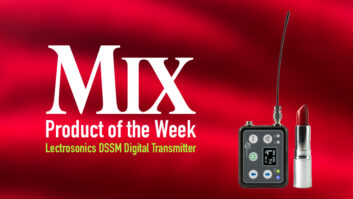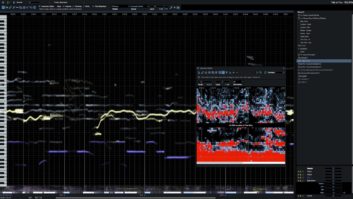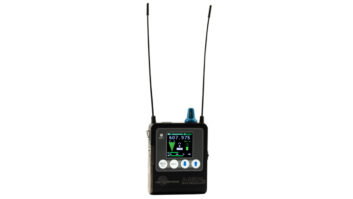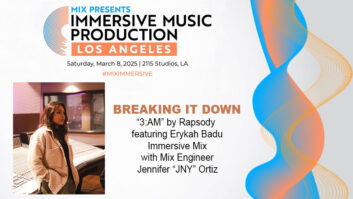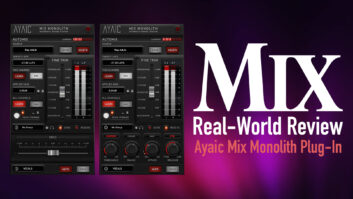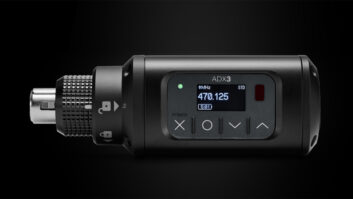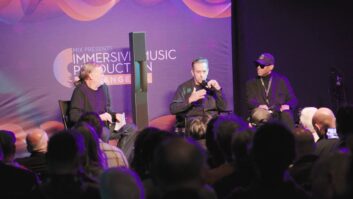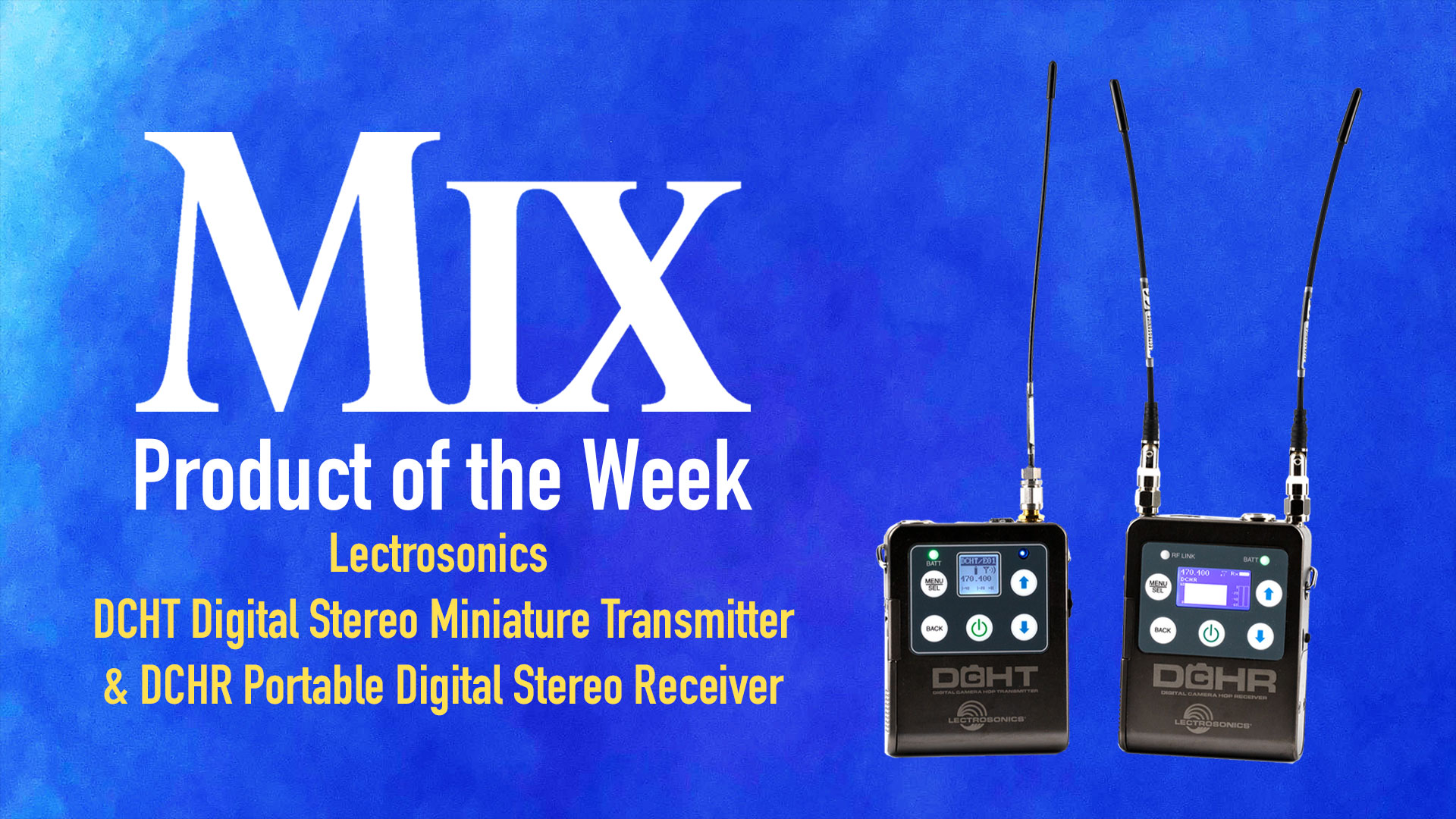
New York, NY (September 18, 2024)—Lectrosonics has made an update regarding its DCHT Digital Stereo Miniature Transmitter and DCHR Portable Digital Stereo Receiver: Both units are now available in the B1C1 frequency range covering 537 to 691 MHz. These devices are intended for use in film, television, corporate and sports production applications as a wireless audio link from a bag or cart system to cameras, and as part of a digital IEM or IFB system with Lectrosonics M2Ra receiver packs.
The DCHT/E01-B1C1 (international version) can tune from 537 to 691 MHz in 25kHz steps, providing more than 6,000 frequencies. RF output can be set to 10, 25 or 50 mW, depending upon the operating range requirements of the intended application. The DCHT-B1C1 (North American version) tunes from 537 to 663 MHz, skipping the portions of spectrum that are restricted for use with this type of device while allowing access to the guard band (614.050 to 615.950 MHz) and Duplex Gap (653.050 to 662.950 MHz). The North American version allows RF power to be set to 10 or 20 mW in order to conform to regulations for use in these bands. The DCHT accepts two channels of mic- or line-level analog signals, or an AES digital signal from a mixer, and transmits to the receiver or receivers in a pure digital format. The DCHT can be used with any Lectrosonics digital receiver, including DCHR, M2Ra, DSQD, DCHR822, DSR4, or DSR.
HeadRush Prime & Core Update v3.2 — A Mix Product of the Week
The DCHR features analog or digital output from a locking TA5 jack, as well as a headphone jack for monitoring, and can be used with any mono or stereo Lectrosonics digital transmitter, including the DCHT, DBSM Series, DSSM, DPR-A, DBu, DHu, or M2T. The DCHT and DCHR may be powered using AA batteries, or externally DC-powered by installing the optional LTBATELIM battery eliminator.
The digital architecture of the DCHT and DCHR allows AES256-CTR signal encryption for applications where security is a concern, and offers four different key policies: universal, standard, shared, and volatile for applications where information security is critical. The DCHT-B1C1, DCHT/E01-B1C1 and DCHR-B1C1 are available now.
